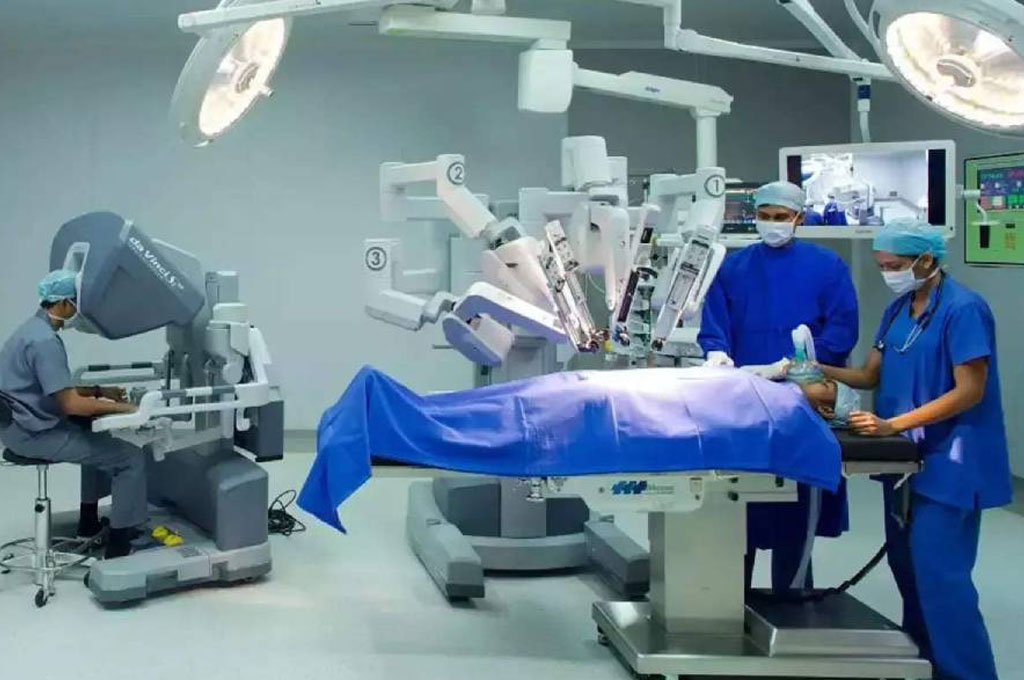
This complex group of cancers includes:
They are known for being technically challenging to treat due to their location, aggressive nature, and late presentation.
These cancers are more common in men, except for gallbladder cancer, which predominantly affects women—especially in northern and eastern India.
Early signs are often vague. Persistent abdominal symptoms or jaundice warrant immediate evaluation.
For biliary obstruction, bile drainage is performed via endoscopy (ERCP) or stenting to stabilize the patient and improve liver function.
Early-stage, in non-cirrhotic and fit patients:
Liver resection (removal of tumor-bearing part of the liver)
Advanced-stage or inoperable cases:
Managed with immunotherapy, targeted therapy, or locoregional therapies
Early-Stage Disease:
Advanced-Stage Disease:
Often treated with chemotherapy to control disease progression and improve quality of life
Modern surgical techniques offer better precision, less trauma, and faster recovery

Smaller incisions
Minimal blood loss
Shorter hospital stay
Better visualization of deep-seated tumors
Enhanced post-operative outcomes
You don’t have to face it alone. With the right surgical expertise and access to advanced therapies, even complex abdominal cancers can be tackled with confidence and clarity.
Consultant Surgical Oncologist | HPB & GI Cancer Specialist
Expert in Robotic and Laparoscopic Surgeries for Pancreas, Liver & Biliary Cancers

